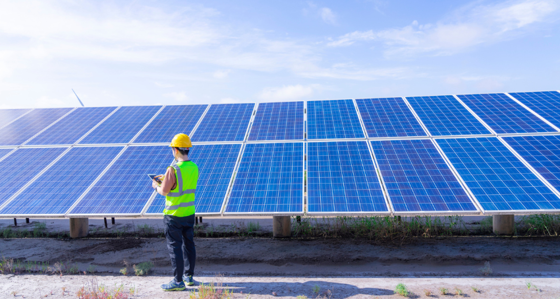
Protecting Consumers: unlocking the cost-saving potential of Irish batteries this winter
16 November 2022
In this study we have explored how a simple interim measure in the treatment of Ireland’s battery storage fleet can unlock savings for end consumers during the coming winter, helping to alleviate the cost burden imposed by extreme commodity prices.
Key findings – what have we learned?
-
A total of 471 and 200 MW of battery storage capacity is currently installed in Ireland and Northern Ireland respectively – with storage volumes totalling 334 and 125 MWh.
-
However, current TSO policy concerning battery storage is to re-dispatch these assets down to zero, to hold them back to provide reserve services, or for TSO-controlled dispatch during amber alert periods.
-
This approach limits the effectiveness of battery storage assets to alleviate the cost burden imposed on end consumers this winter, in which extreme commodity prices are expected to drive end consumer bills to record levels.
-
An interim measure that would unlock the full potential of battery assets to reduce end consumer costs this winter would be to offer them deemed-firm dispatch status:
-
Under this policy intervention, the participation of batteries in the day-ahead market would act to reduce the overall cost of meeting demand levels in the day-ahead schedule. Our analysis suggest that this could equate to a saving of around €34m and €11m in Ireland and Northern Ireland respectively this winter.
-
The saving exceeds any net increase in imperfections costs from the battery imbalance – with total net savings of up to €26m and €9m in Ireland and Northern Ireland respectively this winter.
-
Watch Alec Granville-Willett present the findings of this study at an Energy Storage Ireland webinar.
For more information on the contents of the report or how Baringa can help your organisation, please contact Mark Turner and Alec Granville-Willett.
Related Insights

The value of carbon: How internal carbon pricing can drive business decisions that unlock and protect enterprise value
What are the benefits that ICP offers, the current barriers to action, and how can Baringa help corporates find their optimal carbon price?
Read more
Podcast - S2 E8 – How ‘Energy-as-a-Service’ models unlock commercial decarbonisation
Tim Meanock, CEO and co-founder of Tallarna, joins Ellen Fraser and Daniel Bolton to discuss Energy-as-a-Service (EaaS) as an innovative solution for commercial decarbonisation.
Read more
Driving UK decarbonisation in a new policy era
At Baringa’s sixth Green Buildings and Transport Forum in November 2024, we discussed domestic decarbonisation in the context of the new UK government.
Read more
Navigating sustainable retrofit in real estate
Achieving successful sustainable retrofitting in real estate can seem like a complex challenge. Discover how your organisation can unlock the strategic value of retrofitting with our new report, commissioned by Barclays and in collaboration with JLL, Travis Perkins and TrustMark.
Read moreIs digital and AI delivering what your business needs?
Digital and AI can solve your toughest challenges and elevate your business performance. But success isn’t always straightforward. Where can you unlock opportunity? And what does it take to set the foundation for lasting success?